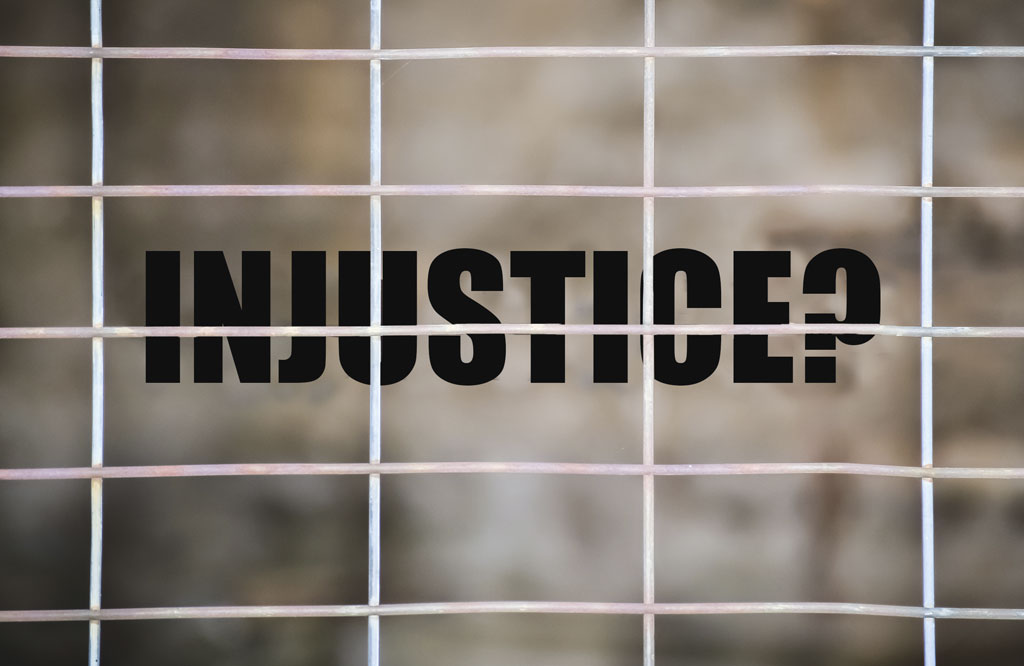
Nicholas Dobson examines the scenario of unlawful prison for council tax default
-
The regime for enforcement of non-payment of council tax was not systemically unfair and unlawful.
-
However, magistrates and authorities need to have careful regard to material statutory requirements.
Local authorities provide local governance, functions and services by statute. Many aim to be customer-friendly bodies in the manner of various private providers. However, there is a significant difference between local authority and private services. For with commercial firms, consumers can choose what and whether to buy and from whom. However, local authorities as monopoly providers of core functions, demand payment of council tax whether or not anyone liable for it uses or benefits from any of their services. Furthermore, failure to pay can result in statutory recovery options including (in the case of wilful refusal or culpable neglect) commitment to prison for up to three months.
Prison is of course a harsh recovery sanction and a January 2017 judicial review decision illustrated where magistrates’ courts and authorities can go wrong in imposing









